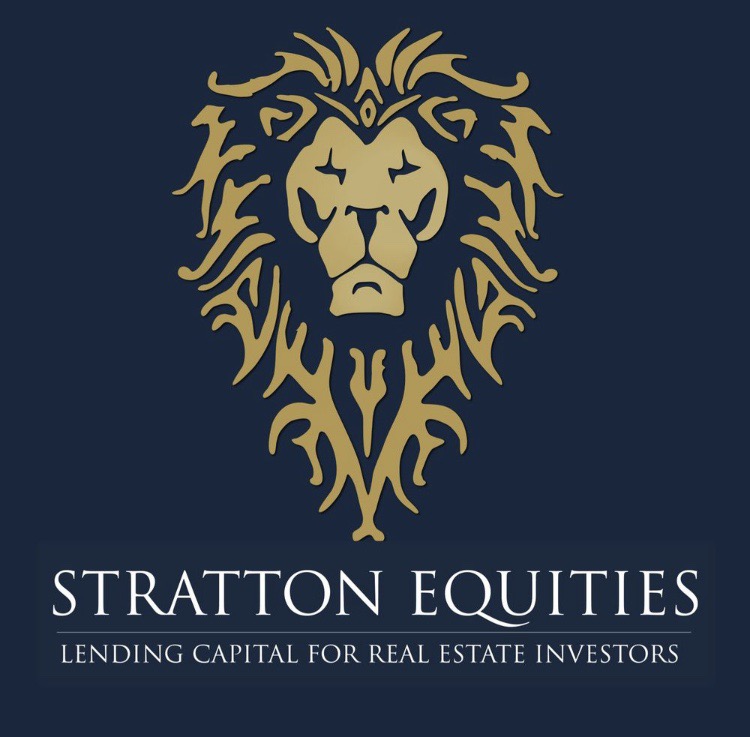The Difference Between a Traditional Bank Loan and a Soft Money Loan
- Stratton Equities

- May 2, 2022
- 4 min read
Updated: Feb 9, 2024
As a real estate investor, you have to be aware of what options are available to you and what you can do with them. With real estate financing, there are a variety of loan programs available, each of which have their own unique differences that help set them apart from one another.
What is the process of working with a Traditional Bank Loan?
A traditional bank loan requires a borrower to come to a bank and ask one of the bank managers for a conventional loan to help finance their property. The process is extremely arduous as it requires a substantial amount of paperwork and documentation to help prove the validity of your claim as well as your general financial independence. For example, a bank loan will require you to have strong credit scores, healthy financials, including an income statement, a form of collateral, a personal guarantee, and larger down payments. It can also be very tedious as it can typically take several months to close.
Additionally, while a traditional bank loan can offer the lowest interest rate out of the three loan options, that is not always a guarantee, and the likelihood that you would be denied approval for financing is much too high. So, despite the long approval time and rigorous amount of documentation, banks are way too risk averse for real estate investors to find suitable support in financial backing.
In the case that you do not get approved for a traditional bank loan because the bank did not find your income levels financially dependable enough, or you were not able to provide the down payment, there is the option of working with a private lender. As most self-employed real estate investors do not get approved for traditional bank loans, working with a nationwide private money lender has become the ideal solution.
What is a Private Money Lender?
A private money lender is an institutional (non-bank) individual or company that loans money, usually secured by an asset (note and deed of trust), for the purpose of funding a real estate transaction.
When real estate investors look to acquire funding for their next real estate investment, they look towards a direct private money lender to apply for their loan.
These types of mortgage loans are the perfect solution for investors who cannot seek out conventional loans from traditional funding institutions such as banks.
There are a few reasons why borrowers look to seek out these types of loans from a private lender like Stratton Equities rather than the conventional financial institution, the primary being that these individuals and organizations usually have fewer restrictions and more liquidity than traditional loans, and grant funding much faster as a result.
If you are going to go through conventional financing, you are most likely going to get a 30 year fix from a bank, but in this economy this type of loan is not advantageous to the borrower.
This is why working with a private lender has become the current popular choice in the world of real estate investing as their unique mortgage loan programs’ benefits supersede the traditional bank loan.
Furthermore, a real estate investor would not transition from a traditional loan to a bridge loan, this makes a term loan offered by a private lender the more effective option.
The Benefits of a Soft Money Term Loan for Investment Properties
The newest dominant loan option that can help service borrowers who cannot get approved by traditional financing is a soft money term loan. Unlike conventional loans, a private money loan program, specifically a soft money term loan, requires no income verification from the borrowers - instead, these mortgage programs are based on credit history, real estate investment experience, and liquid assets, which are then processed through underwriting.
A soft money term loan is a much more lenient loan option that has many of the benefits of hard money, such as the lessened documentation requirements, quick approval time, and less money down - all while being much more affordable for investors who sit in the middle. The interest rates are lower (starting at 5.25% as opposed to 7.25%) and the LTV ratio is much more lenient when compared to hard money (85% as opposed to 70%).
On the surface, soft money looks to be a safer and more applicable real estate investment option than either hard money or a traditional bank loan. However, the biggest difference between hard money and soft money is in how they help finance a real estate project. A soft money term loan allows borrowers to finance long-term such that they can hold onto a property and gradually accumulate equity through it over a number of years or even decades.
Even though it may appear that traditional bank loans do offer more loan options overall - given their high standards and tedious requirements, they are not always the most reliable source for real estate investors.
In this current financial climate, it makes no sense to do a bank loan right now when a soft money loan provides you with better rates and less money down.
Why is a Soft Money Term Loan Better than a Traditional Bank Loan?
Higher LTV’s
Less Documentation
Faster Closing
Same Rates as Traditional Bank Loans!
No Upfront Fees! No Junk Fees! No Tax Returns!
Overall, it is absolutely vital to know what kind of loan option you need for your investment property and why some programs are more applicable than others. The more useful information and resources you have, the better and safer your investment will be.
Call us at 800-962-6613 or contact us via email info@strattonequities.com and apply now, or just Click Loan Prequalification to find out whether you are eligible for loan pre-qualification!





